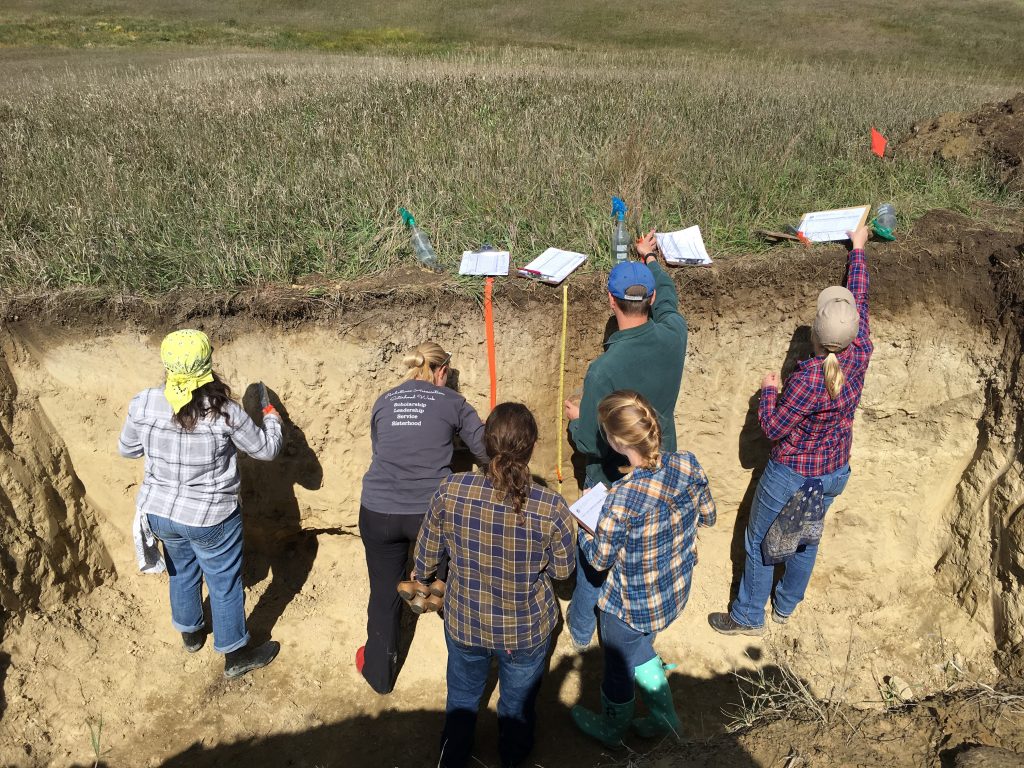
The School of Natural Resources offers one graduate degree, in natural resources, with seven emphasis offerings that span the disciplines, including water resources; agroforestry; human dimensions of natural resources; fisheries and wildlife sciences; forestry; parks, recreation, sport and tourism; and soil, environmental and atmospheric sciences.
SNR Graduate Student Handbook 2022-2023 (PDF)
M.S.
Graduate research programs leading to the M.S. in natural resources are designed to prepare students for careers in academic institutions, consulting firms, industry, and state and federal agencies.
Learn about the full curriculum
Admission and application
Apply today
Emphasis areas
- Agroforestry (offered through Missouri Online)
- Fisheries & Wildlife Sciences
- Forestry
- Human Dimensions of Natural Resources
- Parks, Recreation, Sport and Tourism
- Soil, Environmental and Atmospheric Sciences
- Water Resources
Ph.D.
The Ph.D. degree in natural resources is designed to prepare students for academic careers in research and teaching or other advanced scientific or professional careers. Ph.D. candidates conduct original research under the supervision of a faculty adviser or advisers and with the participation of a doctoral committee. Students are expected to engage in coursework to prepare for careers in research, industry or academia. The Ph.D. degree is conferred only upon those students who, after extensive study, have demonstrated a high level of achievement in their particular emphasis area and have completed independent research contributing to knowledge in the field. Ph.D. candidates complete a dissertation and are expected to publish their research results in peer-reviewed scientific journals.
Learn about the full curriculum
Admission and application
Apply today
Emphasis areas
- Fisheries & Wildlife Sciences
- Forestry
- Human Dimensions of Natural Resources
- Soil, Environmental and Atmospheric Sciences
- Water Resources
Costs and aid
Contact the director of graduate studies for current information on hourly paid positions, and graduate teaching and research assistantships.